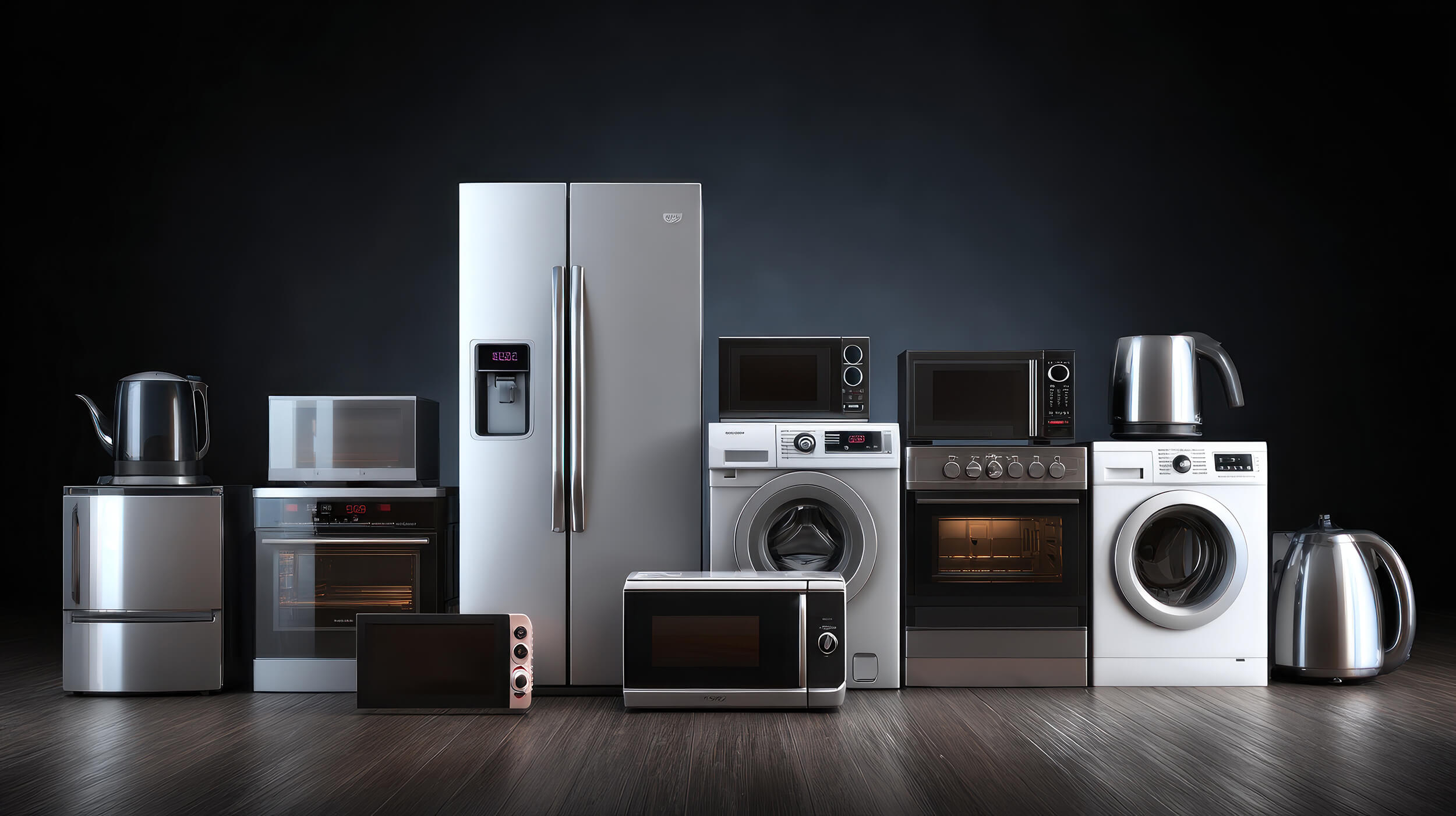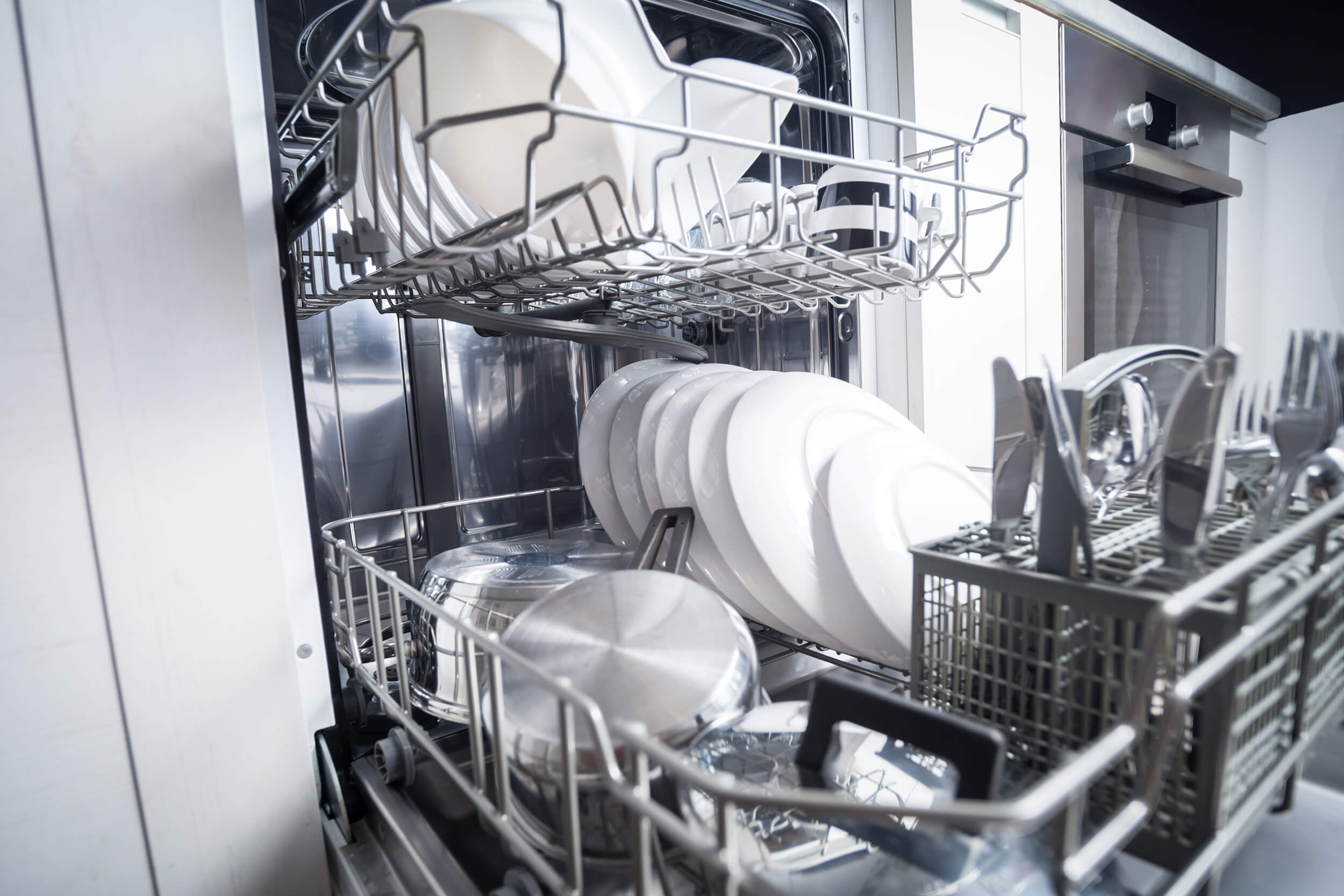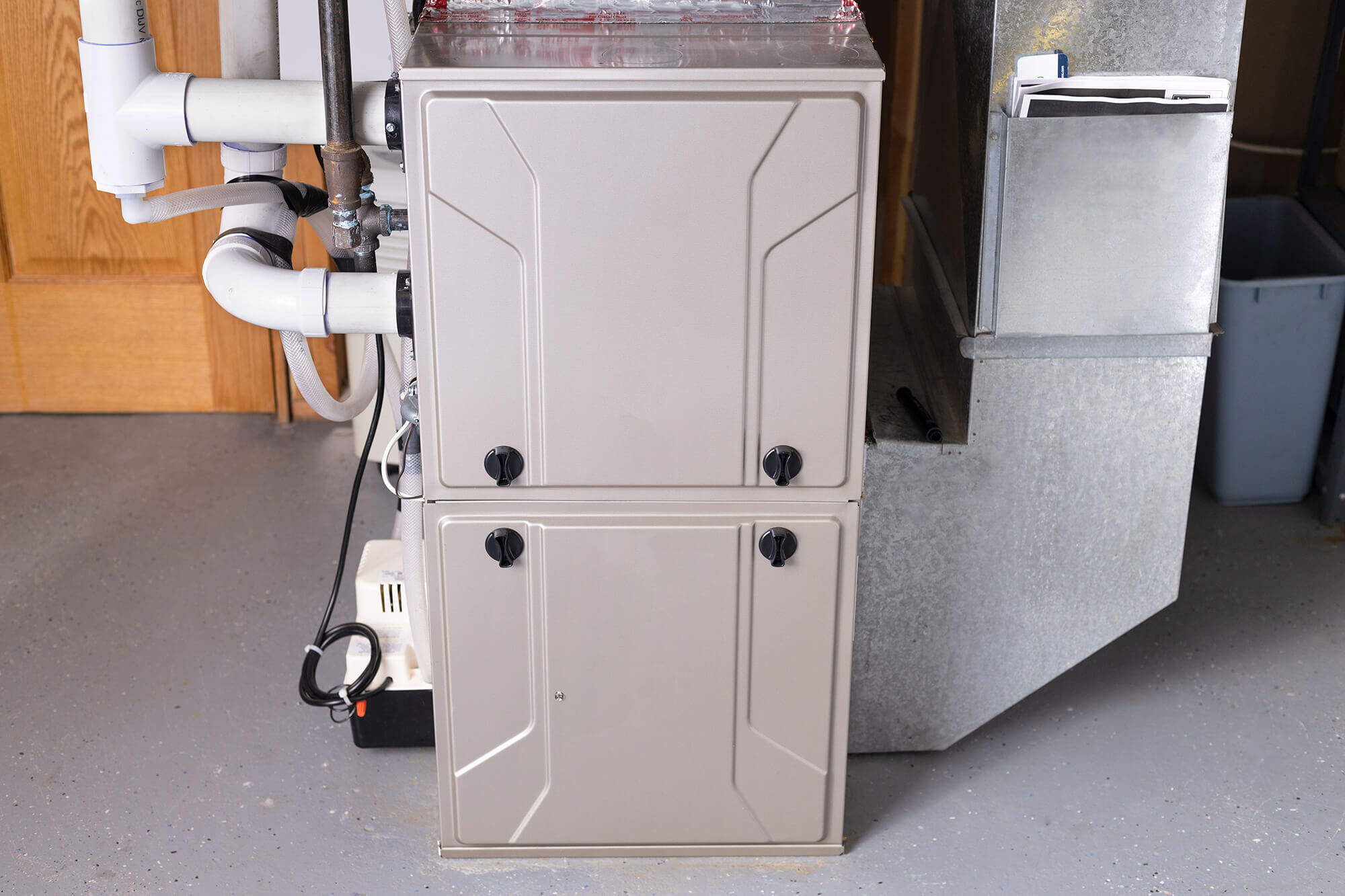Contact: Ben Somberg, 202-658-8129, bsomberg@aceee.org

![]()
Washington, DC—The Biden administration announced a proposed rule that, if finalized, could help update energy-saving standards for dozens of types of appliances and equipment, such as refrigerators and furnaces. The proposal from the Department of Energy (DOE) this week would undo key provisions of a Trump administration rule that had set roadblocks for updating these popular standards, which are mandated by Congress.
“This rule will pave the way for the department to set strong standards that slash greenhouse gas emissions and energy costs,” said Steven Nadel, executive director of the American Council for an Energy-Efficient Economy (ACEEE). “Without this move the department could get hopelessly stuck in the quicksand of the restrictive process set by the previous administration.”
More than 80% of registered voters favor updating appliance standards, including nearly two-thirds of conservative Republicans—for good reason. A series of such standards could save the average American household $230 annually on utility bills by 2035 and cut carbon emissions over the next 3 decades by an amount equivalent to eliminating at least 13 coal-fired power plants, according to an ACEEE/ASAP report published in November 2020.
Yet, as of Inauguration Day this year, DOE had missed 28 legal deadlines for considering new standards. By January 2025, another 19 will come due, meaning that the new administration has 4 years to consider updating standards for 47 products.
“This administration arrived facing the double whammy of dozens of standards already overdue and an unnecessary obstacle course set out in front of it,” said Andrew deLaski, executive director of the Appliance Standards Awareness Project (ASAP). “This news is another encouraging sign that the administration is acting with the urgency needed to move us toward energy-saving technologies.”
The Trump administration’s “Process Rule,” finalized in 2020, added more time-consuming steps to DOE’s already lengthy standard-setting process. It prohibited the department from updating the standard for a product unless the change would save at least 0.3 quadrillion Btu of energy at the site of its use, which translates to about $11 billion in electricity costs for electric products. It allowed manufacturers to largely design the testing that determines whether a product meets standards. And it did not leave any leeway or discretion for DOE in following its mandates, opening any standard completed by the department to major litigation threats.
The new proposed rule would remove several of these key hurdles. It would return the Process Rule to nonbinding guidance status, eliminate the strict minimum energy savings threshold for DOE to set a standard, loosen the requirements to adhere to manufacturer-developed testing procedures, and reinstate the potential for a stakeholder negotiation process that enables more-rapid standard setting in some instances. It would also eliminate a requirement to conduct a comparative analysis of potential standards that conflicts with statute and a mandatory 180-day waiting period between a test procedure final rule and a proposal for a new standard.
President Biden had ordered DOE in a January 20 executive order to consider proposing “major revisions” to the Process Rule by this month and “any remaining revisions” by June.
###




